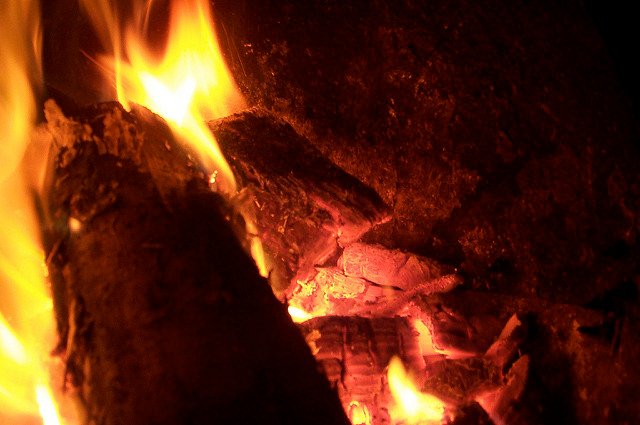- Title: Flame and Song
- Author: Phillipa Namutebi Kabali-Kagwa
- Publisher: Modjaji Books
- Number of pages: 189
- Year of publication: 2016
- Category: Memoir
‘To put the world in order, we must first put the nation in order; to put the nation in order, we must put the family in order; to put the family in order, we must cultivate our personal life; and to cultivate our personal life, we must first set our hearts right’. – Confucius
In 2016, the Ugandan author, Philippa Namutebi Kabali-Kagwa, published a memoir on family, memories and survival during the periods of political violence in Uganda. Weaving poetry and prose to narrate her journey from birth to adulthood, all the circumstances that surrounded her and her family and how they were able to live through political violence, she shows that sometimes home is not about places or aura but about people, and maybe we can make people our homes.
In Flame and Song, Kabali-Kagwa warms the heart as well as the soul with her expansive childhood memories of Uganda. She also embraces the sounds, sights and smells of her childhood, as in, ‘The taste of her Katogol lingers in my mouth’.
Her parents were well-to-do professionals, part of a circle of young, educated, optimistic Ugandans imbued with the zeal to build up their nation and community. Two of her siblings suffer from cerebral palsy. Her parents made a conscious resolution not to hide them away, as was otherwise common practice at the time. Taking their resolution a step further, ‘They helped to start a school for the handicapped in Kampala’.
An era of terror and violence erupted when Idi Amin came to power, causing her family to flee into exile. Gradually, ‘Gundi Bamututtee’ became part of their everyday speech, meaning, ‘So and so was taken’.
As Kabali-Kagwa grew older – and after several years of migrating to different places for safety – she eventually embraced Cape Town as her home with her husband and family in the early 1990s because, regardless of what was happening around her, all that mattered was family. She writes, ‘I return South, to the home of the mountains and the sea quenched rooted deeper in red soil, savannah lands and sand’.
Part of the events in this memoir take place in Kenya, from the time the author leaves for Nairobi to attend Kenya High School, till when her family has to abruptly leave Uganda. The Kenya she depicts – like all the other, different places she speaks of – is one of old and brings back tales and memories as well as longing for a time now lost. All this makes the reader long for their own childhood and the memories associated with it.
‘The Hearth’, the foundational chapter, gives a glimpse into the author’s family history and that of her nation. She talks about her nation’s journey into independence and with it an understanding of why it never had peace:
On the 9th of October 1962, Uganda gained its independence from the British. I had always believed that, in my earliest years, Uganda was peaceful, that we had a smooth transition from the colonial era, and that the trouble only started with Idi Amin. Looking back, I now see the cracks in the very foundations of our independence, which made Uganda’s journey inevitably rocky.
‘Smouldering Embers’ focuses on the author’s happy teenage days at Gayaza. She recounts things like the cow dance, the issue of pocket money, meals and more, but the happiness is darkened by the death of Archibong Luwun as a consequence of Amin coming to power, and that death has a significant effect on her schooling.
‘And There Are Ashes’ is the heaviest chapter of the book. Kabali-Kagwa talks about all the people who passed away: her siblings, Chris and Fay; her father and her mother. As she writes after her father’s death:
The builder of the nation is dead
But he was old
They said
Waiting three days
For the physician
To say ‘his heart is okay; you can fix his hip’
and then have the surgeon disappear
to a conference, they say
As the book concludes, the author raises salient questions: what is home? Where is home? Who is home?
Photograph: ‘Flame’ by Timitrius
Comments should be sent to comments@wawabookreview.com. Please use the appropriate review title in the email subject line.

